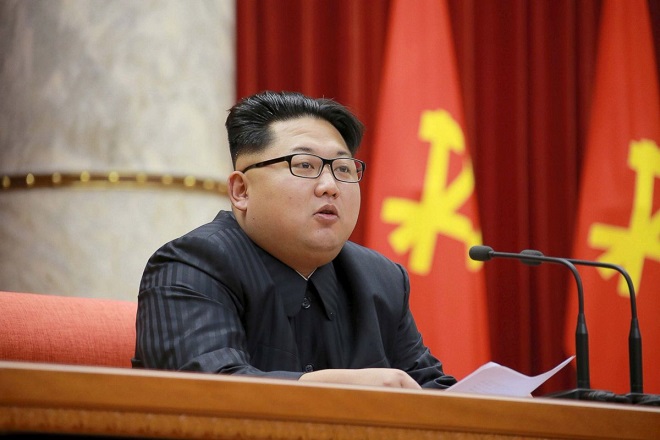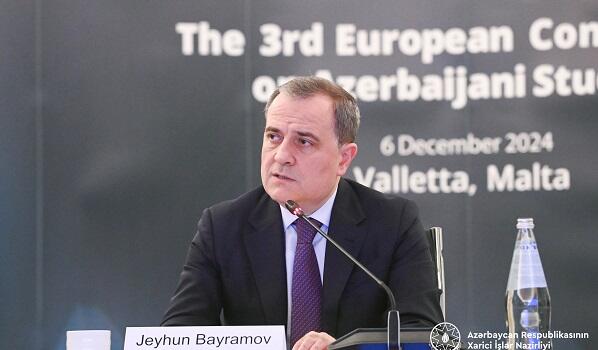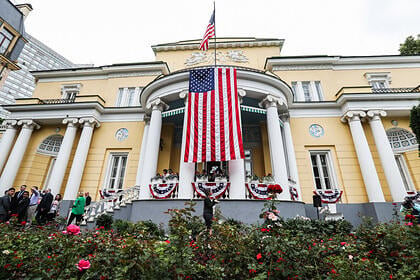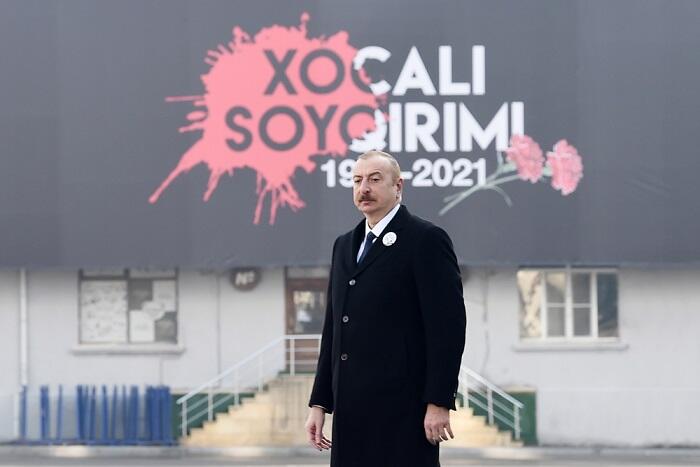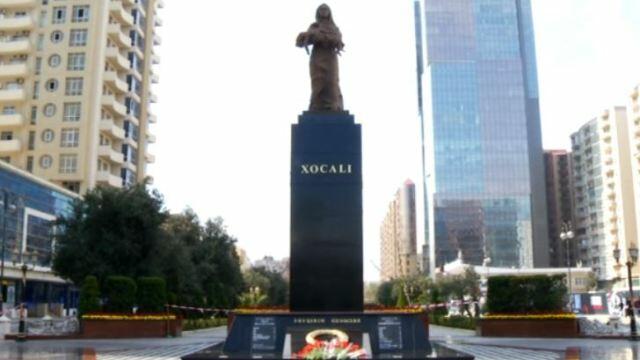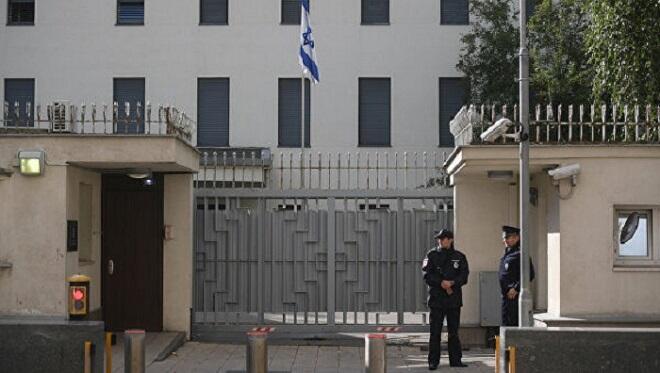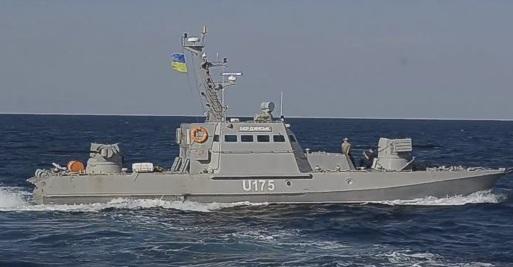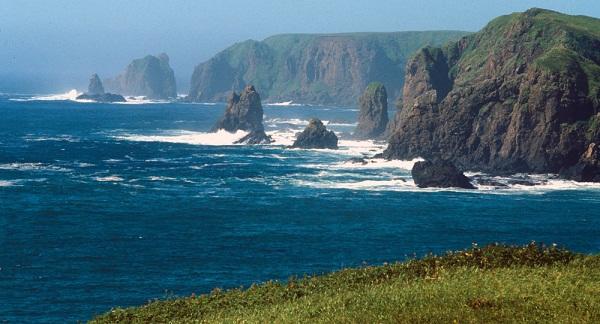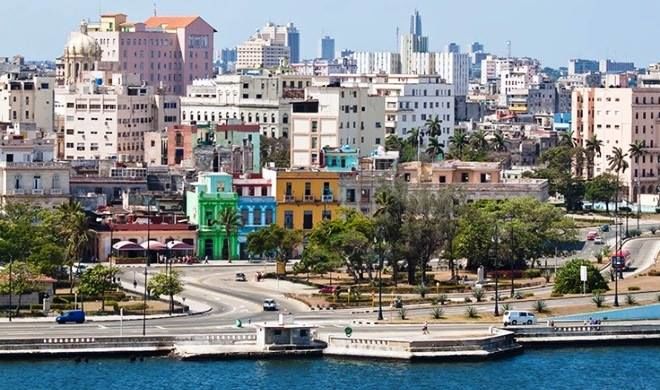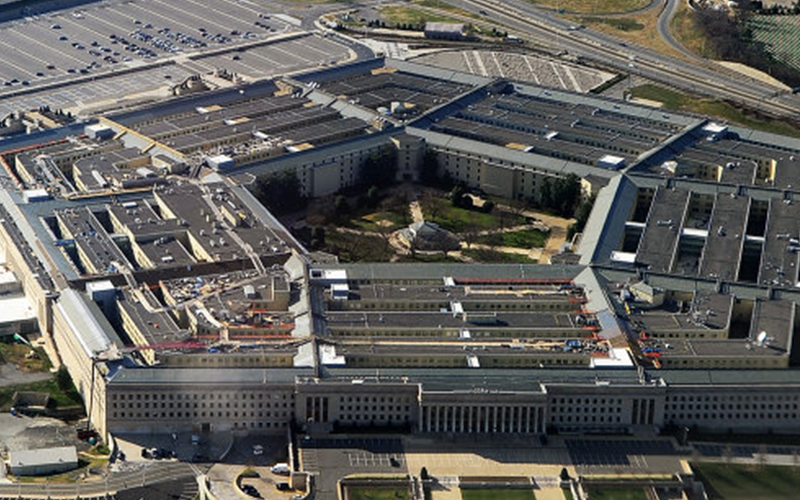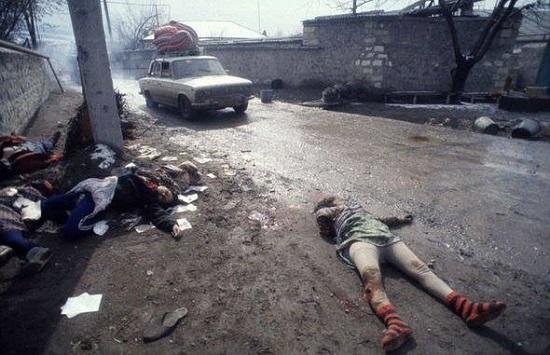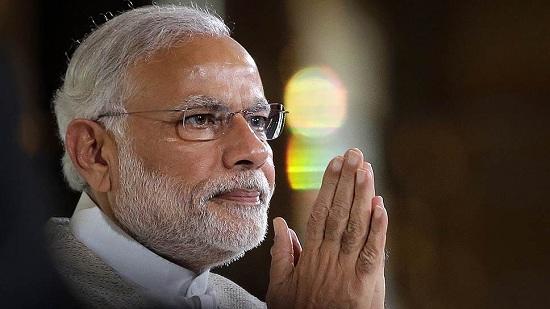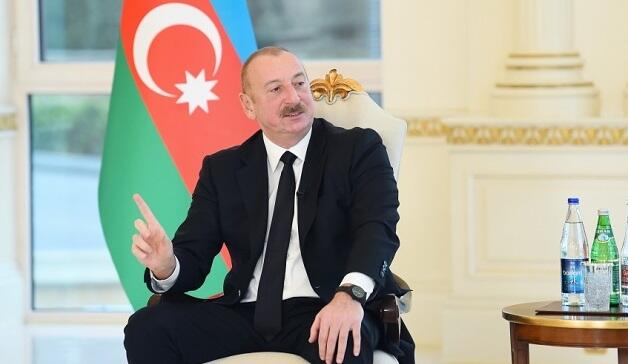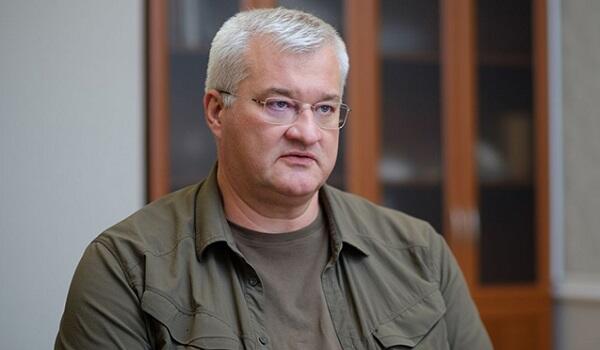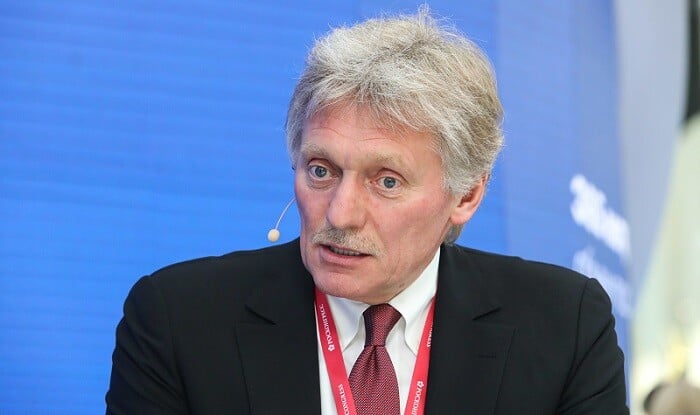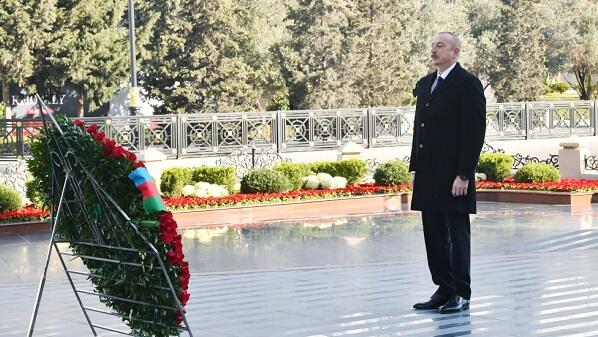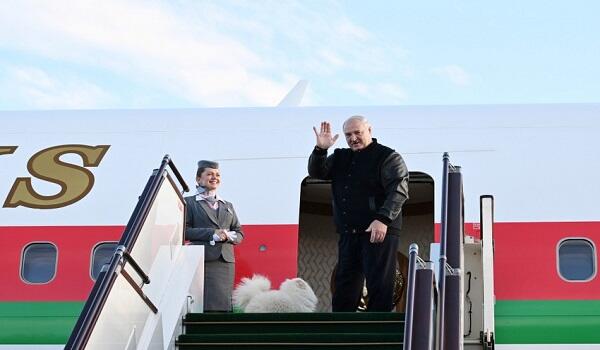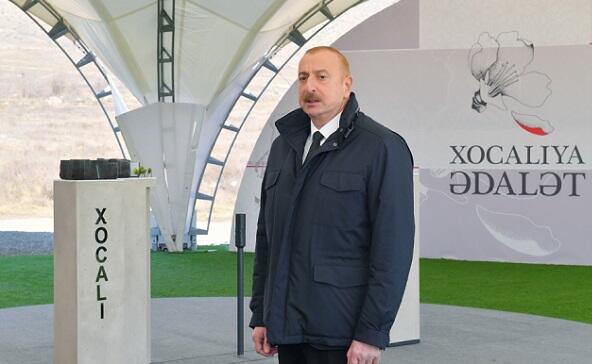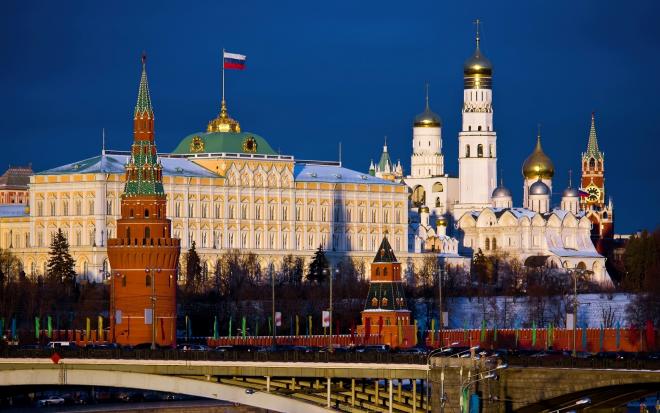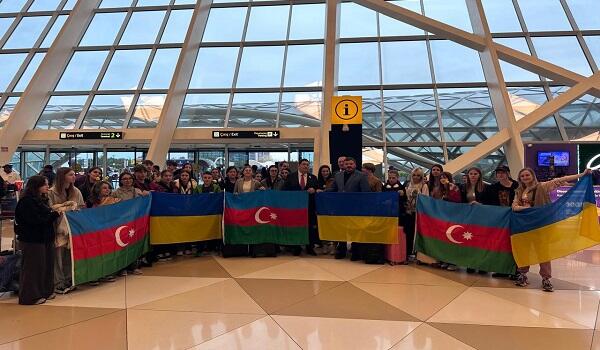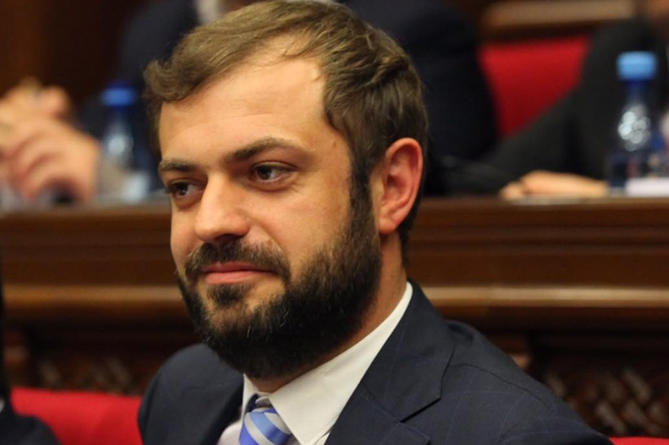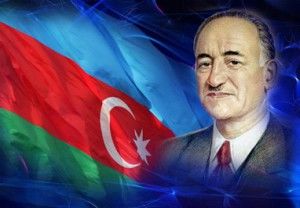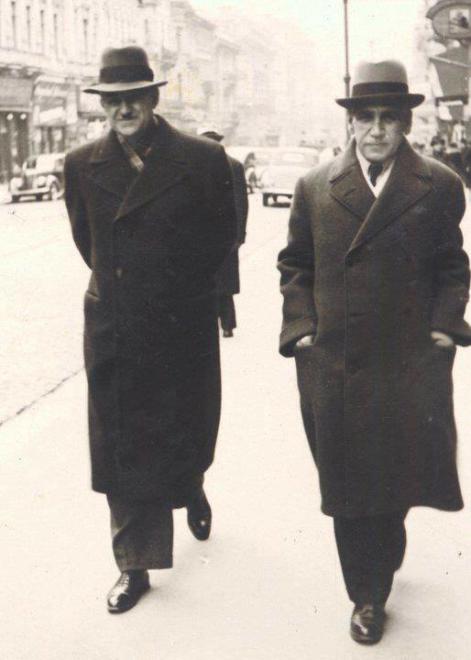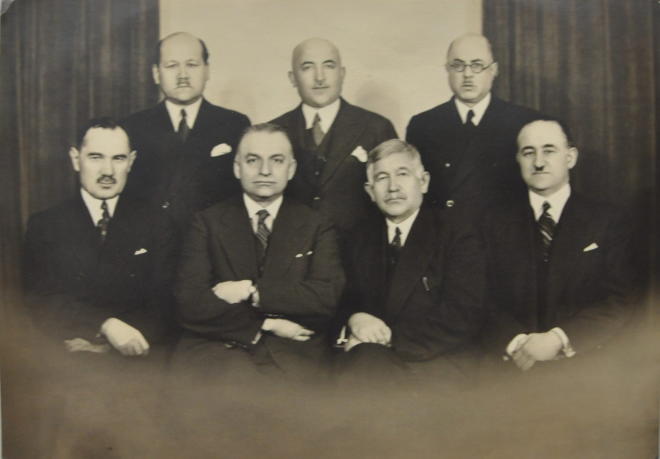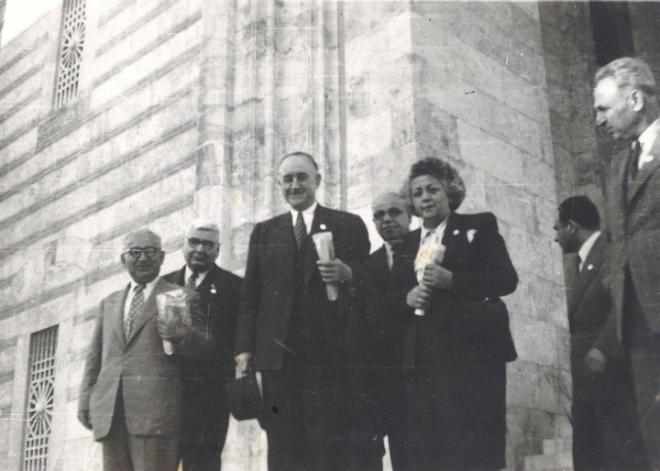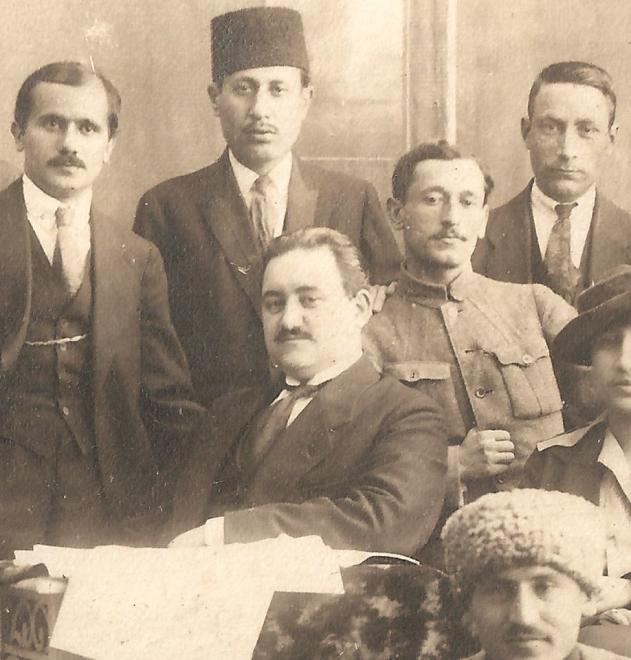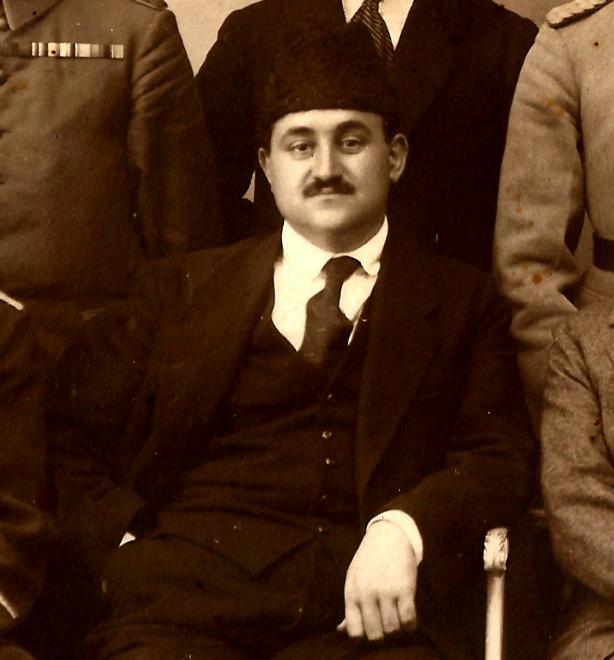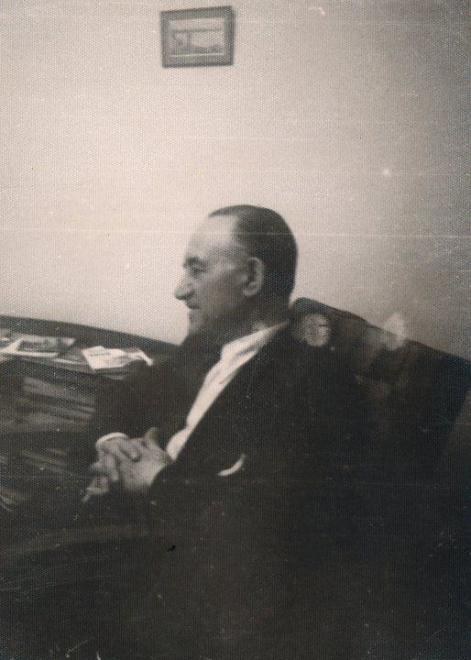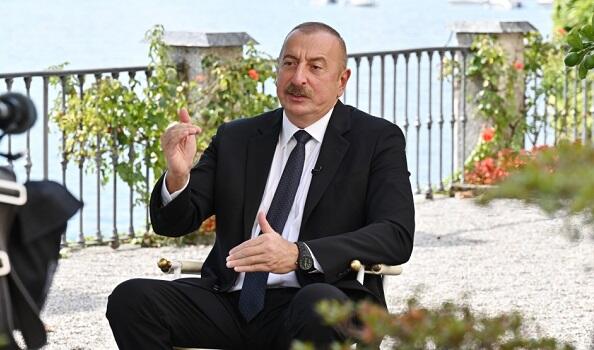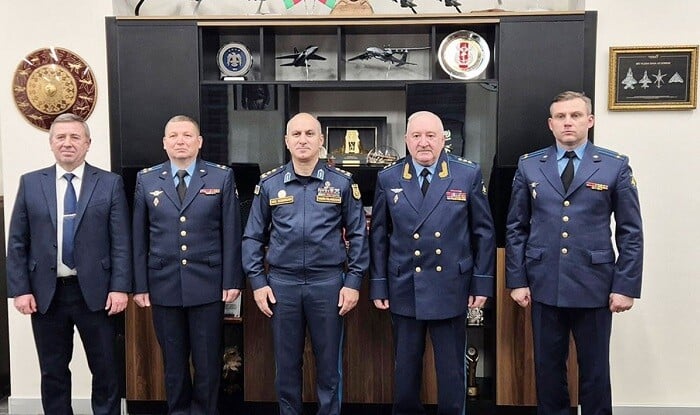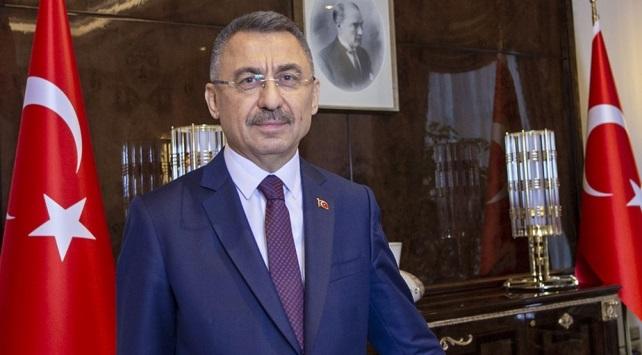Today is birthday of founder of Azerbaijan Democratic Republic Mammad Amin Rasulzadeh.
Axar.az presents article about the leader of national independence movement:
Mammad Amin Rasulzade (Azerbaijani: Məmməd Əmin Rəsulzadə) born in January 31, 1884, Novxanı, near Baku— died March 6, 1955, Ankara, was an Azerbaijani statesman, scholar, public figure and the first and only president of Democratic Republic of Azerbaijan (1918–1920). His expression "Bir kərə yüksələn bayraq, bir daha enməz!" ("The flag once raised will never fall!") has become the motto of the independence movement in Azerbaijan in the 20th century.
Rasulzade was commemorated by many memorials throughout Azerbaijan, such as Baku State University, which was named after his honor. Rasulzade was depicted on the obverse of the Azerbaijani 1000 manat banknote of 1993-2006.
Mehmet Emin Resulzade Anatolian High School, named after him, is a public high school at Ankara, Turkey.
By 1917 when both Russian revolutions took place the territory of the actual Azerbaijan had been part of Transcaucasian region for more than 100 years. It was a multinational region of the Russian Empire, where 3 independent states were born later: Armenia, Georgia and Azerbaijan. The population of the latter was in major part Muslims and that is why it is often referred to as Muslim territory when talking about this period of history. After the February revolution of 1917 in Russia on March 22, 1917, the Special Transcaucasian Committee Ozakom was established to fill the administrative gap following the abdication of the Tsar. The members of Ozakom were the members of the State Council and respresentatives of the Armenian, Georgian and Azerbaijan political elite. Ozakom announced that in the following months the most important issues, i.e. national, religious, agrarian and social were to be solved by the Transcaucasian Constituent Assembly. In the course of April and May 1917 several Muslim Assemblies took place. Like many ethnic minorities of Transcaucasia, Azeris aimed at secession from Russia after the February Revolution. Two general opinions were expressed by the representatives of the Mouslim community (Mammad Hasan Hajinski, Mammad Amin Rasulzade, Alimardan Topchubashov, Fatali Khan Khoyski, and other founders of the future Azerbaijan Democratic Republic): pan-Turkish, meaning joining the Turkey, and federalization (expressed by M. Rasulzade). Transcaucasian region got an opportunity to decide its destiny taking the course for federalization. In accordance with the new structure, the Transcaucasian region was to have a fully independent internal policy, leaving to the new Russian government only foreign policy, defense and army, and custom.
After the October revolution 1917 the Transcaucaisan government had to change its policy as Russia ceased its being and was involved into the Civil war. The Transcaucausians did not accept the Bolshevik revolution. On February, 1918 Transcaucasian Council (“Sejm”) started its work in Tbilisi, and this was the first serious step towards complete independence of the Caucasian nations. The “Sejm” consisted of 125 deputees and represented 3 leading parties: Georgian mensheviks (32 deputees), Azerbaijan muslims (“Mussavat”, 30 deputees) and Armenian “dashnaks” (27 deputees). Bolsheviks refused to join the Sejm and established their own government of the local Soviet in Baku: the so-called Baku Commune (November 1917 – 31 July 1918). The Commune was formed by 85 Social Revolutionaries and Left Social Revolutionaries, 48 Bolsheviks, 36 Dashnaks, 18 Musavatists and 13 Mensheviks. Stepan Shaumyan, a Bolshevik, and Prokopius Dzhaparidze, a leftist SR, were elected Chairmen of the Council of People's Commissioners of the Commune of Baku.
The Russian Caucasus Army was degrading after the collapse of the Russian Empire. The Russian forces were substituted by new Armenian bodies, which were not prepared to the war. Given the circumstances, the Transcaucasian Sejm signed the Armistice of Erzincan with the Ottoman Empire on December 5, 1917. On March 3, 1918 the Bolshevik government in Russia signed Brest-Litovsk Treaty with Germany. One of the terms was the loss of the regions of Cars, Batumi and Ardagan in favour of the Ottoman Empire. The terms of the Treaty revealed a deep conflict between Georgians and Armenians on one side and Muslim party on another. The peace talks between the Sejm and Turkey started in March, 1918, in Trapezund did not have any results. The Ottoman Empire delivered an ultimatum to the Sejm with requirements to accept the terms of the Brest-Litovsk Treaty and initiated an attack to occupy the territories of Cars, Batumi and Ardagan.
In March 1918, ethnic and religious tension grew and the Armenian-Azeri conflict in Baku began. Musavat and Ittihad parties were accused of Pan-Turkism by Bolsheviks and their allies. The Armenian and Muslim militia engaged in armed confrontation, with the formally neutral Bolsheviks tacitly supporting the Armenian side. All the non-Azeri political groups of the city joined the Bolsheviks against the Muslims: Bolsheviks, Dashnaks, Social Revolutionaries, Mensheviks and even the anti-Bolshevik Kadets found themselves for the first time on the same side of the barricade because they were all fighting "for the Russian cause". Equating the Azeris with the Ottoman Turks, the Dashnaks launched a massacre on the city's Azeris in revenge for the Armenian Genocide in the Ottoman Empire. As a result, between 3,000 and 12,000 Muslims were killed in what is known as the March Days.Muslims were expelled from Baku, or went underground. At the same time the Baku Commune was involved in heavy fighting with the advancing Ottoman Caucasian Army of Islam in and around Ganja. Major battles occurred in Yevlakh and Agdash, where the Turks routed and defeated Dashnak and Russian forces.
The Bolshevik account of the events of March 1918 in Baku is presented by Victor Serge in Year One Of the Russian Revolution: "The Soviet at Baku, led by Shaumyan, was meanwhile making itself the ruler of the area, discreetly but unmistakably. Following the Moslem rising of 18 March, it had to introduce a dictatorship. This rising, instigated by the Mussavat, set the Tartar and Turkish population, led by their reactionary bourgeoisie, against the Soviet, which consisted of Russians with support from the Armenians. The races began to slaughter each other in the street. Most of the Turkish port-workers (the ambal) either remained neutral or supported the Reds. The contest was won by the Soviets."
On 26 May 1918, the Transcaucasian Democratic Federative Republic fell and its bodies were dissolved. The Azerbaijani faction constituted itself into the Azerbaijani National Council (NC). The Azerbaijani National Council immediately undertook parliamentary functions and proclaimed the foundation of the "Azerbaijani Democratic Republic" on 28 May 1918 and declared the National Charter, which read as follows:
Azerbaijan is fully sovereign nation; it consists of the southern and eastern parts of Transcaucasia under the authority of the Azerbaijani people. It is resolved that the form of government of the independent Azerbaijani state is a democratic republic. The Azerbaijani Democratic Republic is determined to establish friendly relations with all, especially with the neighboring nations and states. The Azerbaijani Democratic Republic guarantees to all its citizens within its borders full civil and political rights, regardless of ethnic origin, religion, class, profession, or sex. The Azerbaijani Democratic Republic encourages the free development of all nationalities inhabiting its territory. Until the Azerbaijani Constituent Assembly is convened, the supreme authority over Azerbaijan is vested in a universally elected National Council and the provisional government responsible to this Council. The Council was opposed by ultra-nationalists who accused it of being too left-wing. The Council was abolished after the opening of the Parliament on 7 December 1918.
